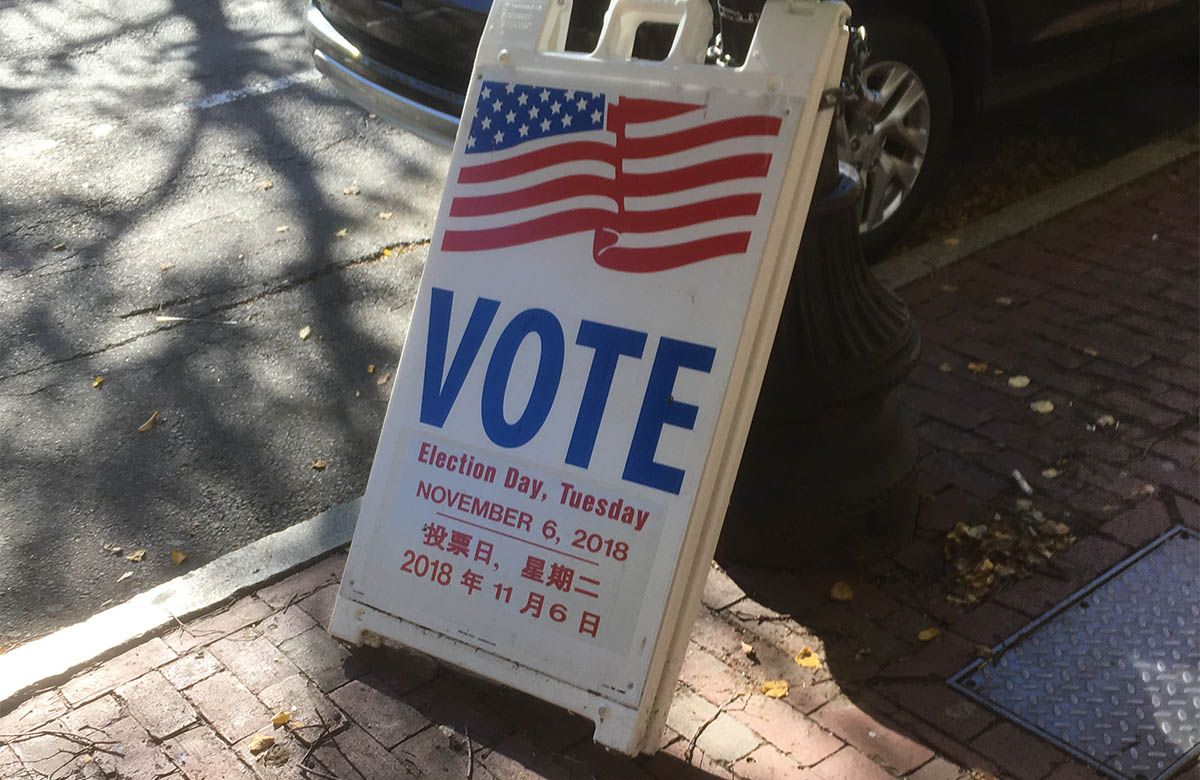How democracy is broken

The 2018 Massachusetts ballot is a case study of American political dysfunction. All 3 ballot measures are misguided and unnecessary. At least 2 of them are outright perversions of democracy, with clearly destructive effects. But all 3 Massachusetts ballot measures are flawed in the same vein. They each fundamentally misunderstand the purpose of government.
Question 1 "would limit how many patients could be assigned to each registered nurse in Massachusetts hospitals and certain other health care facilities." It actually defines 19 limits, like "three patients per nurse in step-down and intermediate care units." Non-compliance would cost "up to $25,000 per violation".
The medical community is divided on this ballot measure. Each side counts many medical associations as backers. The "official arguments" on both sides were written by nurses, and both make good points. That's the problem.
Consider how absurd this is. The medical community couldn't come to a consensus about this scheme (or didn't bother trying). So one faction asked the government to force everyone to adopt it (because that faction didn't want to adopt it alone). The government has dutifully put a question on the ballot. Now, voters who have zero experience as professional healthcare providers are being asked to approve a complex and arbitrary scheme to regulate the minutiae of the healthcare profession. If voters approve it, they will have favored the faction that wanted it, and harmed the faction that didn't. How is this not an abuse of government by a special interest? How is this not destructive to peaceful relations in our society? Why the heck are voters involved in this mess?
Question 3 would uphold an existing law that "adds gender identity to the list of prohibited grounds for discrimination in places of public accommodation, resort, or amusement." The law has been in effect for 2 years.
Again, both sides make good points. But again, one faction is asking the government to force its wishes on everyone else, regardless of the harm. And here the opposing faction's moral objection is stark. Their "official argument" describes "a female spa owner who faced a discrimination claim for declining to wax the genitals of a man identifying as a woman." Maybe she was Muslim, maybe she was worried because she didn't know how, or maybe the genitals in question were horrifically unkempt. Does it matter what her reasons were? Are Americans not free to do business as they please?
Further, the opposing faction claims, "The MA Legislature passed a law that goes too far, even refusing to include a provision to exclude convicted sex offenders." Who would be comfortable with a law that authorizes male sex offenders to be in the same dressing rooms as women and young girls?
Both sides have their arguments. But only one side is asking the government to force everyone to obey a policy with repugnant side effects. Once again, how is this measure not destructive to civil discourse? Why would we be surprised if this sparked anger, or even violence?
Thankfully, the remaining question (Question 2) is less openly factional. It "would create a citizens commission to consider and recommend potential amendments to the United States Constitution to establish that corporations do not have the same Constitutional rights as human beings and that campaign contributions and expenditures may be regulated."
However, it seems the proponents of this measure don't understand the real problem. The "official argument" in support says: "Behind our nation’s challenges is a crisis of billionaires and special interests using money to buy access and influence with politicians." That's true enough. But how could you blame the "billionaires and special interests"? Of course they're using the lawful mechanisms of government to serve their own ends. Everyone does, including plenty of ordinary citizens. Maybe the problem isn't who is doing it, but that it's possible. Maybe nobody should be capable of "using money to buy access and influence with politicians."
After all, corporations have a duty to serve their shareholders. They're not corrupt if they're using lawful means to serve that duty. But politicians have a duty to serve everyone, not just the people with money. If politicians are selling "access and influence," then they are breaching their duty. Yet they're doing it lawfully. That is what needs to change.
Nobody should be capable of abusing our government. Not billionaires, corporations, nurses, activists, politicians, or anyone else. Nobody. If we are going to "consider and recommend potential amendments to the United States Constitution," let's pursue amendments that make it harder for anyone to abuse the power of government.
